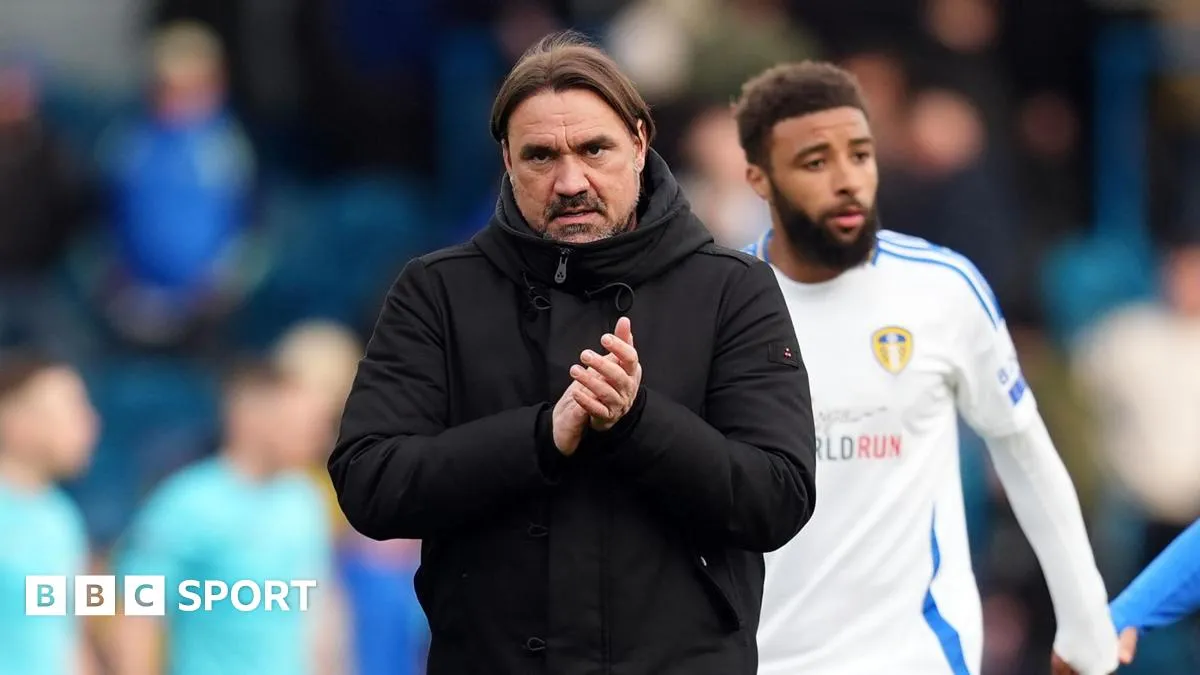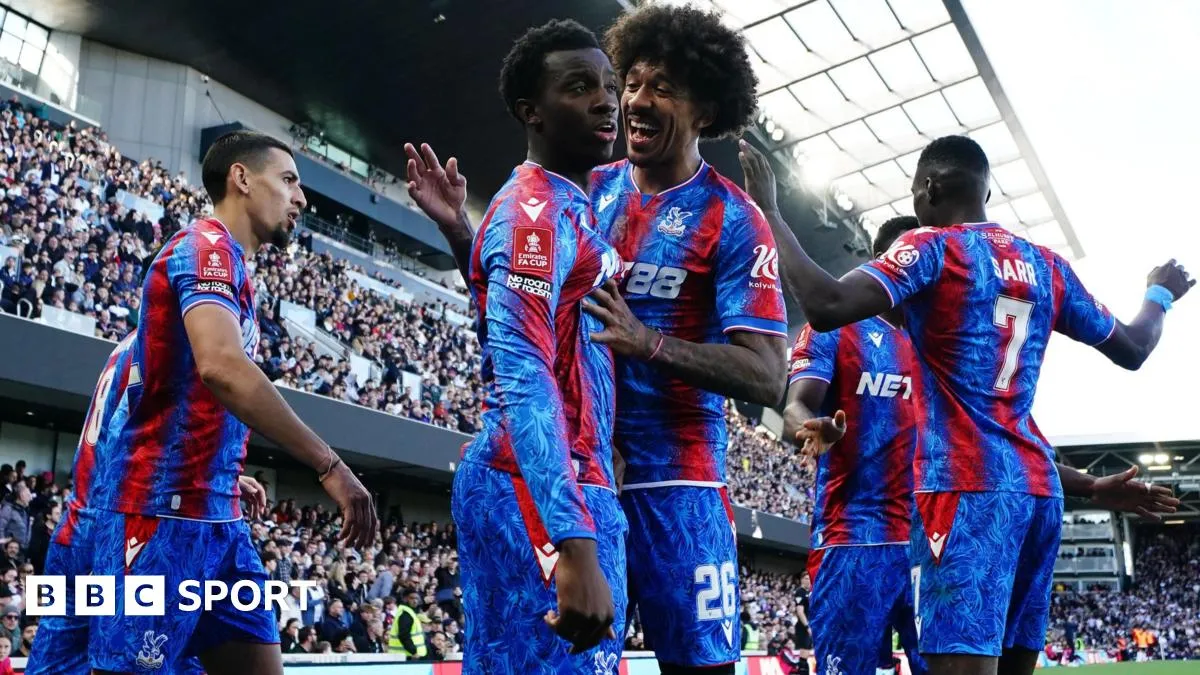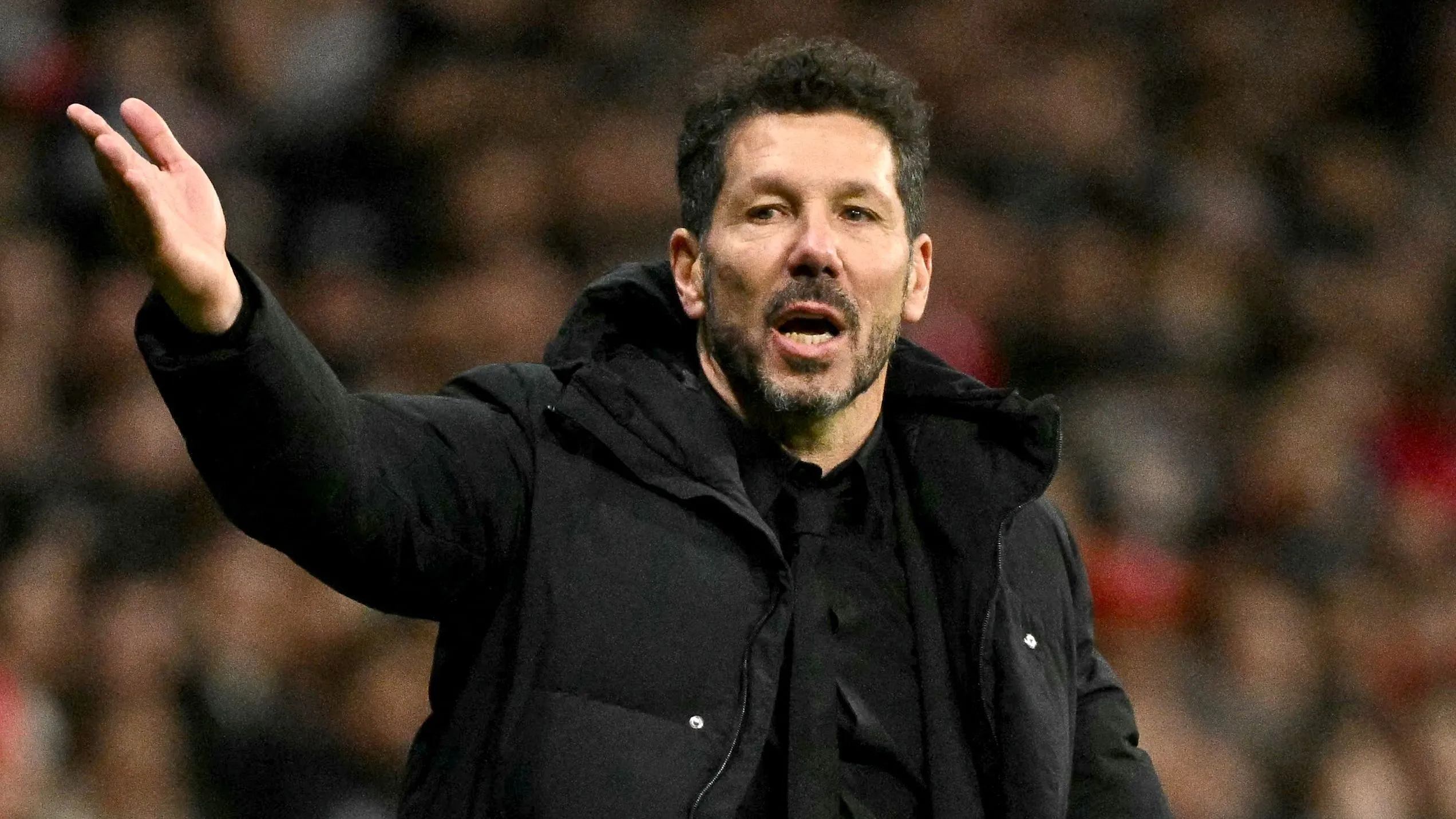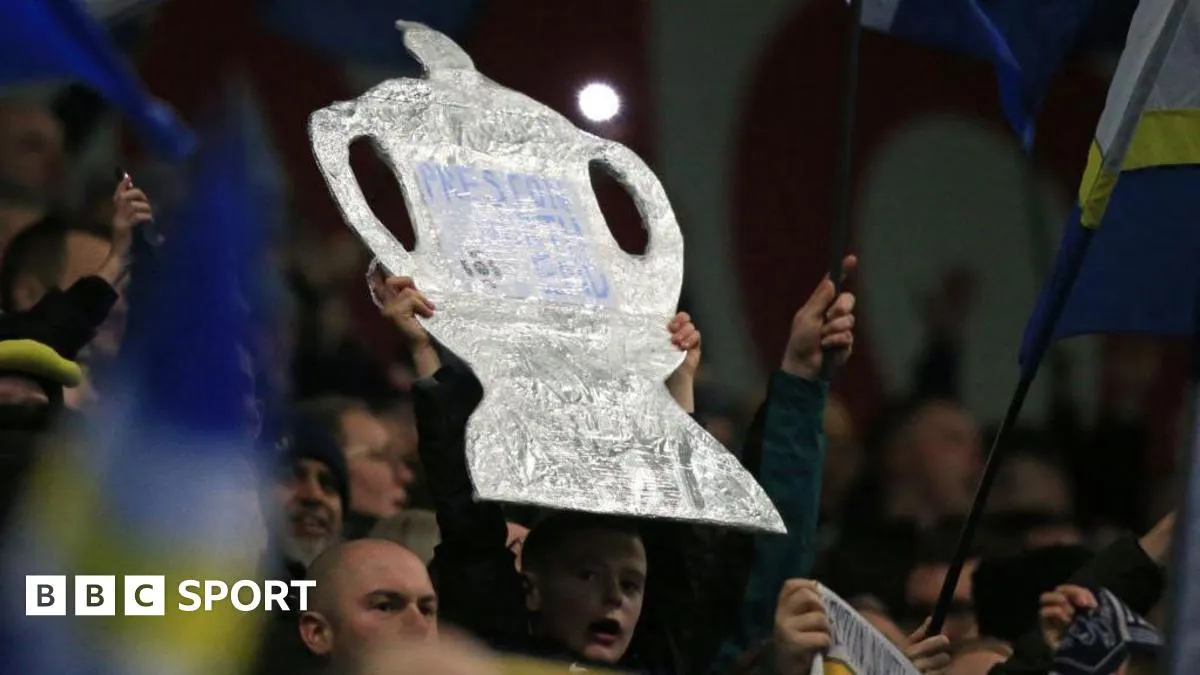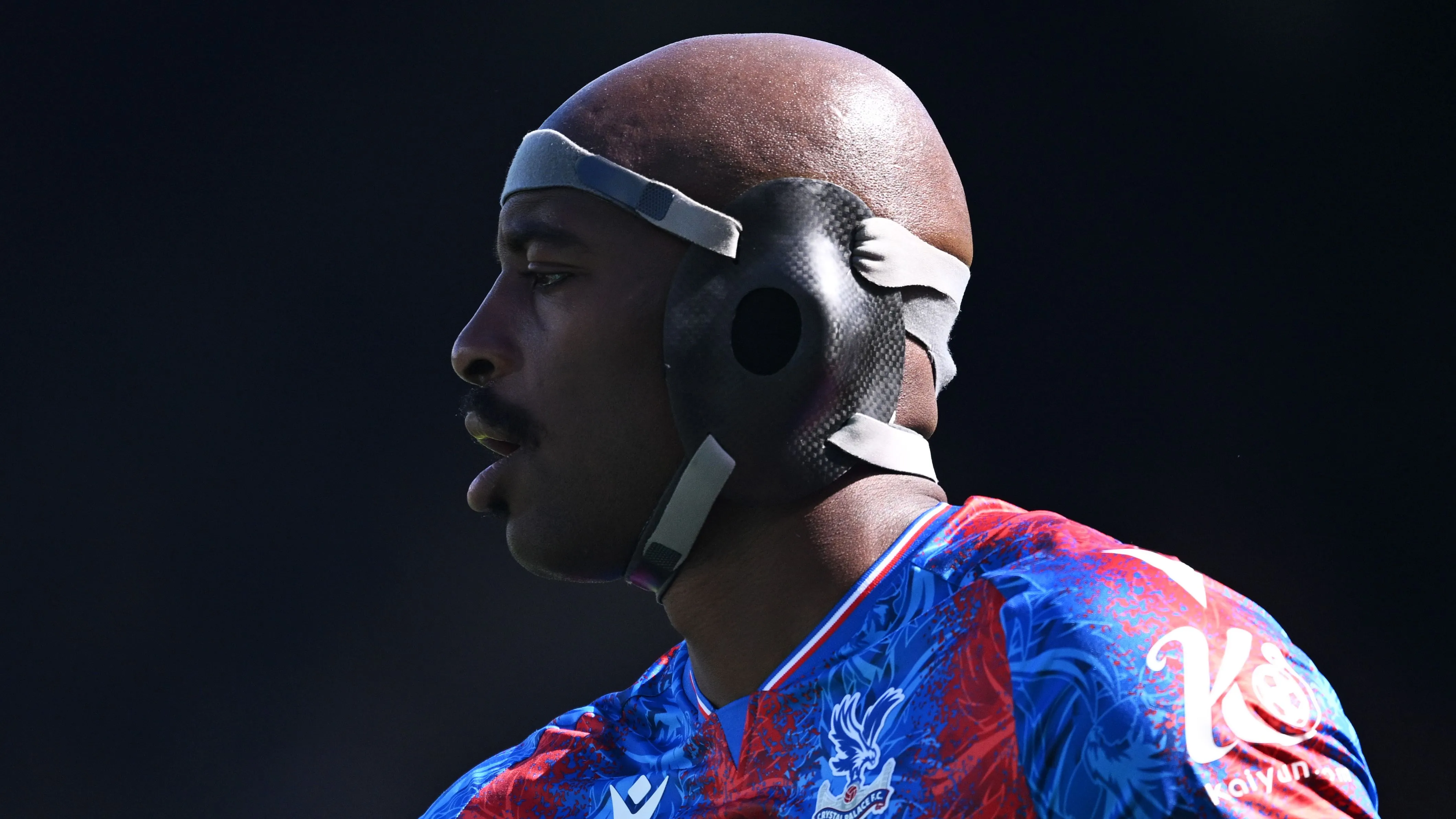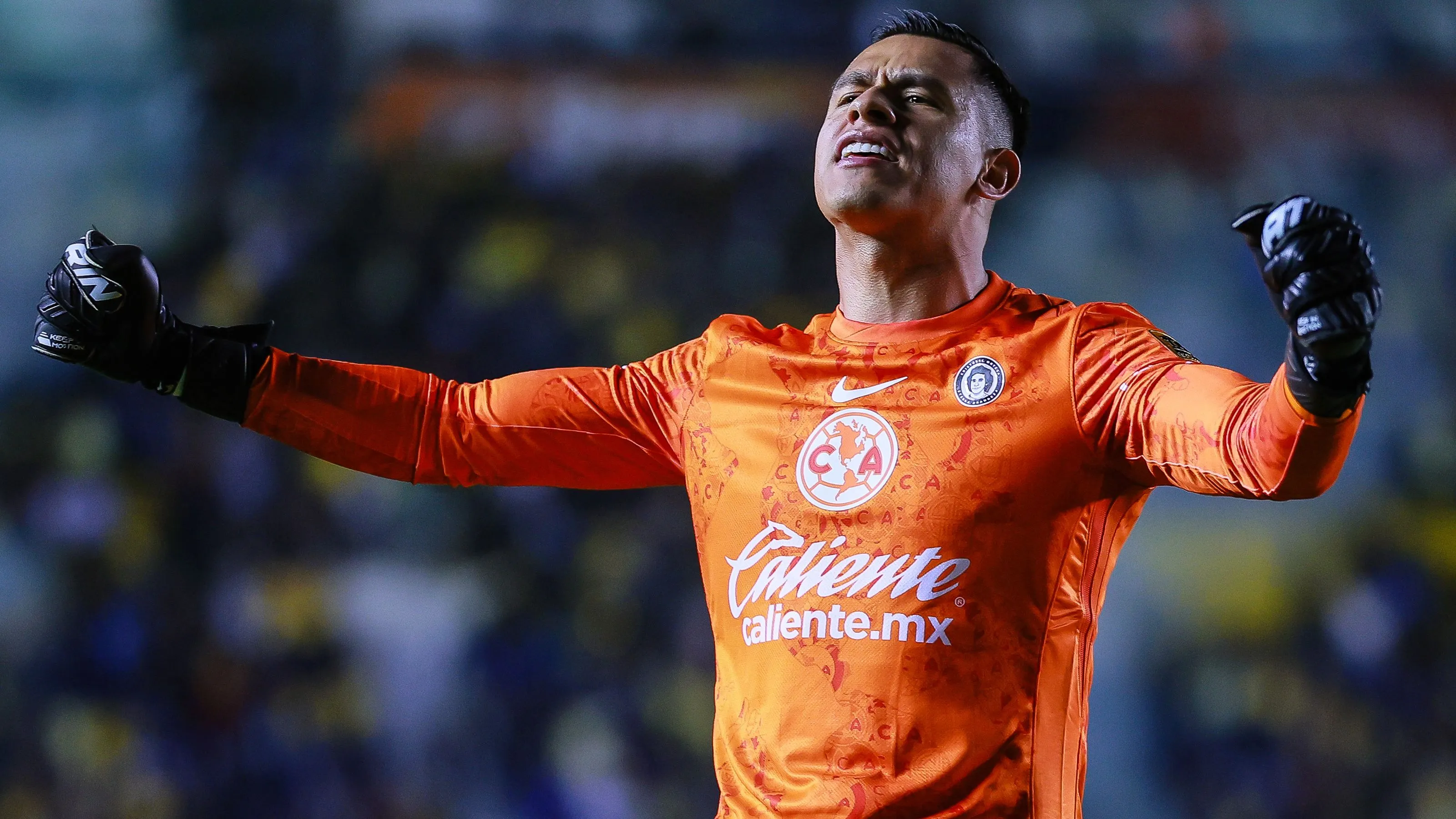
While most European football leagues grant their players a winter respite, the Premier League continues its relentless schedule this season, marking a departure from last year's brief pause in play.
The English top flight's decision to forgo a winter break stems from a packed calendar influenced by upcoming international tournaments and restructured European competitions. The season's delayed August 16 start, accommodating extended summer breaks after international tournaments, combined with UEFA's new 'league phase' featuring additional January matches, has created unprecedented scheduling pressures.
This stands in stark contrast to other major European leagues, where players have only recently returned to action. The German Bundesliga's winter break saw players engaging in diverse activities: Bayer Leverkusen's Jeremie Frimpong visited a children's home in Ghana, while teammate Granit Xhaka underwent a hair transplant in Kosovo. Real Madrid's Jude Bellingham used the time to watch his brother Jobe play for Sunderland, and Barcelona's Dani Olmo traveled to Milwaukee to attend an NBA game.
Arsenal manager Mikel Arteta has expressed concerns about the lack of a break, noting that constant play-and-recover patterns hinder proper training. "The fact you play and recover is not a good pattern because that means you don't train, and the body needs to train," Arteta explained. "The muscles need to train. If you just play and recover, you start to lose a lot of physical qualities that are key to performance."
The impact of winter breaks remains debatable. Last season, Arsenal's Dubai training camp during their break proved beneficial, leading to a five-game winning streak. However, Luton Town's experience tells a different story, with only two league victories in the season's second half following their break.
Former Liverpool manager Jurgen Klopp's perspective from last season offers a balanced view: "You don't want to have a four-week break or something like that in the middle of the season but after a very intense period, having these few days was very important."
In contrast, the Women's Super League maintained its winter break tradition, running from December 16 to January 16. Liverpool manager Matt Beard emphasized its necessity, particularly considering summer international fixtures like Euro 2025. Arsenal's Steph Catley provided insight into the player's perspective, highlighting the importance of individualized break management: "Every player manages their body and their load differently... There's been a lot of talk about the injuries that have been going on in the women's game. Managing the calendar... needs to be managed by the club."
The Premier League's decision to continue through winter reflects the growing challenges of balancing player welfare with competitive demands in modern football. While other European leagues prioritize mid-season rest, English football maintains its traditional winter schedule, sparking ongoing debate about the long-term implications for player performance and health.

